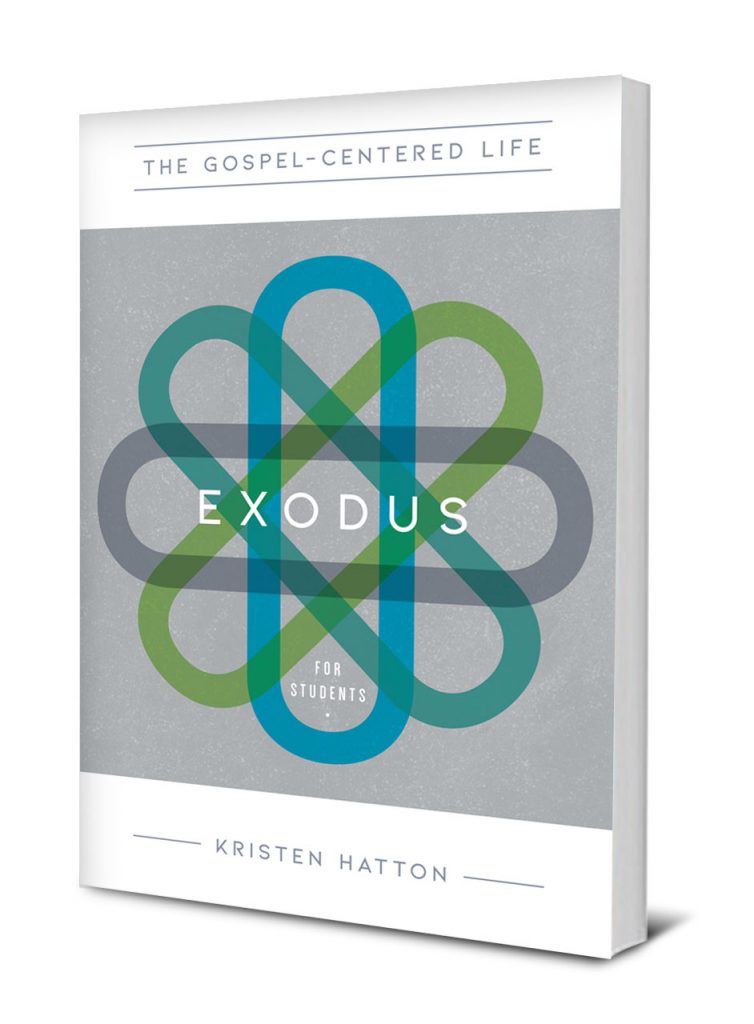My youngest child will be a high school junior. His dream is to play college football. After sitting out most of last season due to two concussions, however, and this upcoming season being up in the air thanks to COVID-19, this dream feels more and more tenuous.
My middle child is scheduled to move into his freshman dorm in a matter of weeks. He wants nothing more than a normal transition into college life. To be relegated to online courses, or worse, forced to stay home, feels like being cheated out of the college experience he’s looked forward to.
My oldest child graduated from college in May and will be serving as an intern for a college campus ministry. With this position comes the responsibility of support raising. This is a challenging task under usual conditions, but is made even more difficult in a volatile economy and with the unknown element of whether she’ll even get to minister in person to students.
My husband is the pastor of a small church. While we are holding live worship services again, for many reasons the majority of congregants are either unable or uncomfortable coming back together in person. Preaching to empty pews, shepherding a body from a distance in unprecedent times, and meeting the wide-ranging needs of many is exhausting, made more difficult by no end in sight.
I am in grad school, beginning my counseling internship this fall. The thought of having to learn via telehealth feels insufficient. I want to sit face-to-face with clients, in the same way I wanted to sit face to face with friends at a bridal shower last weekend. Waving from afar feels distant and the thought of not sitting in the stands with other parents this fall cheering on our boys is depressing.
Wrestling with Control
My family’s specific situations are no doubt different than yours, but also, I imagine very much the same. Because at the core of our disappointment and despair is the reality that we are not in control of our lives.
It is tempting to become overwhelmed and consumed by the number of unknowns on our horizon. What if we contract the virus? Will our kids have to do online school all year? What if we lose our jobs? What if things never return to normal? What will be our new normal?
Unable to see beyond our circumstances, fear can easily take over. Because we feel this lack of control or understanding of the future, collectively we may find ourselves trying to secure some sort of comfort, normalcy, or end to the uncertainty. For some, that is demanding everyone wear masks and condemning schools for reopening plans, for others, it is throwing up fists demanding rights to not wear masks. Either way, it is an attempt at taking charge as if these things in themselves can calm our restless hearts. Other ways we are seeking relief from the chaos we feel is by filling our online shopping carts with clothes we have no place to even wear, mindlessly scrolling through social media, binge watching Netflix, binge eating, and drinking. All temporarily satisfying, but by no means able to deliver what we are really looking for.
Instead, fear can take our emotions, decisions, and reactions captive and try to dictate reality to our hearts. It’s the story of our human existence. We saw it with the Israelites in Exodus. Even after God delivered them from slavery under Pharaoh’s regime, they continued to doubt and rail against him in their journey across the Red Sea and for too long through the wilderness, feasting only on manna with no Promised Land in sight.
Like the Israelites, bad circumstances make it hard for us to see what’s really true because what we see seems more real than what God’s Word promises. And the longer adversity persists, the more convinced we become that God doesn’t care for us and he is not good.
Fear Not
The Israelites, cornered on the banks of the Red Sea with the Egyptian army coming after them, must have rolled their eyes at Moses when he said, “Fear not, stand firm” (Exodus 14:13). I imagine under their breaths, sneering comments like, “We are about to die, and you are telling us not to fear? Are you kidding right now, Moses?”
With the unknown effects of the coronavirus, we too may be facing fear like never before, whether we are anxious over potential illness, job insecurity, or the uprooting of treasured dreams. Such fear turned to reality for our family after my son with asthma tested positive for COVID-19 a few weeks ago. Though we say we trust God in all things, our fear and anxiety may say otherwise. And though our family is once again healthy (for now at least), with football season on the line, a normal college transition in jeopardy, financial ministry support still to come in, and other church, career training, and human contact up in the air, it is easy to not really believe God will work according to our good. We are tempted daily to fight for control.
In this way, we are no different than the Israelites. Fear not though—God is no different today than he was then and always will be.
As the Israelites watched Pharaoh’s army approaching, death seemed imminent. They could do nothing to save themselves. Even so, Moses said not to worry: “The Lord will fight for you, and you have only to be silent” (Exodus 14:14). Soon after, as God miraculously parted the Red Sea and offered the Israelites their escape, there was no mistaking who was in control of all things.
God did not leave them, and he has not left us. The Red Sea crossing is as a marker of God’s faithfulness to his people and his promises of deliverance. Even more sure, we have this guarantee in the person of Christ. God gave up his Son so that we could be delivered from death and rise to new life in him. So, though what we presently see looks bleak, we are not without hope of a future.
Therefore, fixing my eyes on what is unseen, I continue to ask him to help me be still and know that he is God. To help me rest knowing that he is on his throne and not surprised by the chaos. To help me trust that he is ruling over it all while orchestrating every detail of what is at hand for our ultimate good. To help me say then in whatever is to come, it is well with my soul.
THE GOSPEL-CENTERED LIFE IN EXODUS FOR STUDENTS: STUDY GUIDE WITH LEADER’S NOTES
The first in a series of small group studies for teens and young adults that traces God’s story of redemption through the whole Bible, The Gospel-Centered Life in Exodus for Students is a twelve-lesson resource written by Kristen Hatton to teach students how to study God’s Word and connect it to their lives.






